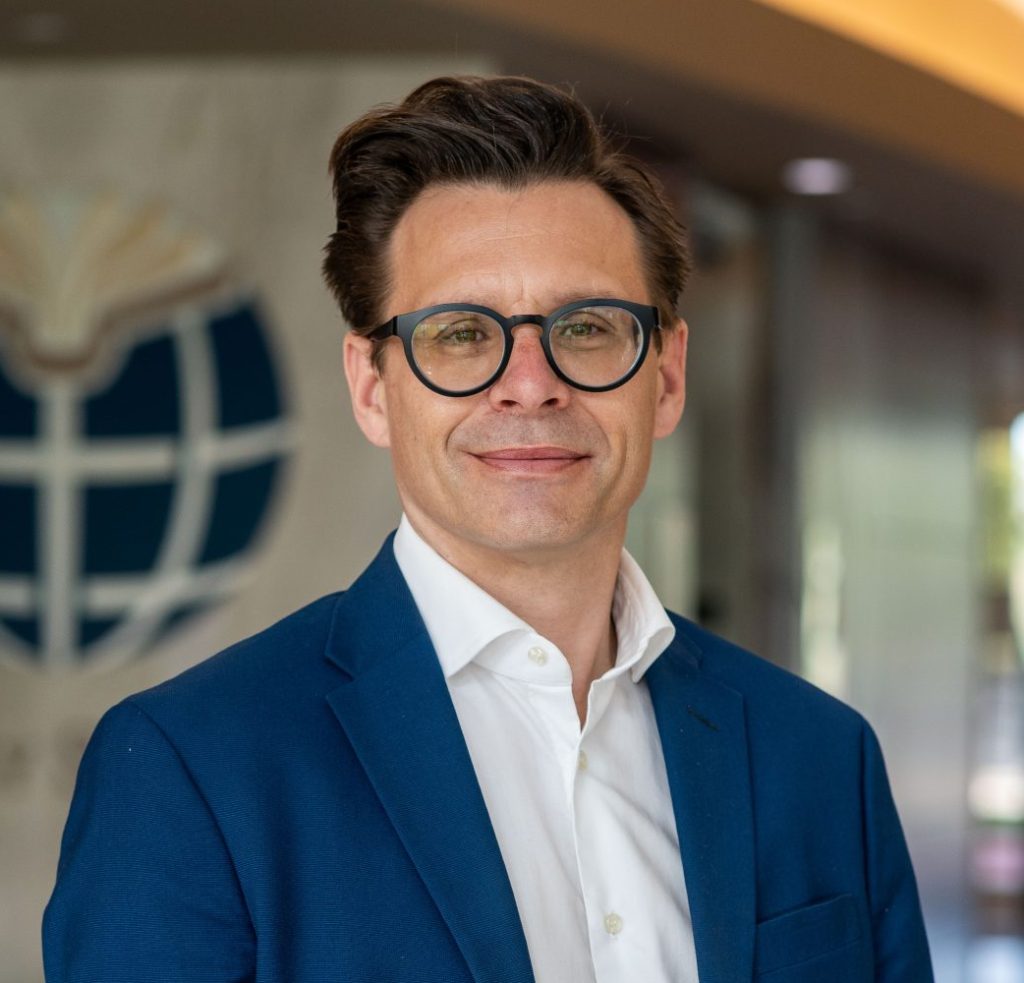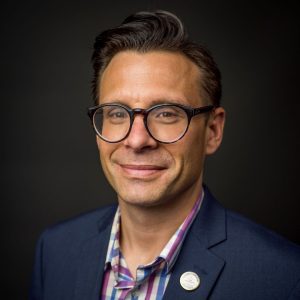Gateway Seminary has selected Dr. Adam Groza as our eighth president. He will take office next month and lead us into the future. His selection now coincides, still to my surprise, with me leaving Gateway to become the president of the Executive Committee of the Southern Baptist Convention. One of my regrets is not being able to stay as closely connected to Gateway as we pursue the adventure of moving forward together. My anticipation of such a positive future rest on my confidence in God, but also in my delight with Dr. Groza’s selection.

Other media reports and news releases will explain Dr. Groza’s academic preparation, laud his achievements, and describe his past leadership experiences. While those are impressive, after working with Dr. Groza closely for almost 15 years, they are not the primary quality which will make him a great president. That quality is leadership humility.
Like most leaders, Dr. Groza is convictional. He knows what he believes and why. He is also decisive, willing to make the call on personnel, financial, strategic, and doctrinal issues that are the everyday work of a seminary president. But, Dr. Groza has learned to be convictional and decisive with humility – evidenced by two qualities. First, he listens well and invites a plurality of viewpoints before making decisions. Second, he admits mistakes and learns from them.
Very early in Dr. Groza’s tenure at Gateway, he made a leadership mistake. We sat down to discuss it. He readily took responsibility, described what he had done wrong and what he wished he had done instead, and described what he was learning from the process. When I probed those issues, he reflected further and quickly picked up on some additional learnings from the experience. When he left my office, I thought, “We’ve got the right guy. He is going to develop into an amazing leader for us.” And, that’s what has happened over the years.
Humility in leaders is not self-abasement, reticence to take responsibility, or shying away from public aspects of a job. Among leaders, humility is demonstrated by listening well to others and admitting mistakes when they happen. Dr. Groza does both of these things well. Like all new presidents, he will have some stumbles as he learns the job. My prediction when this happens: Dr. Groza will own his mistakes, learn from them, and change direction rather than protect his ego or image. We all want to follow a leader like that – not perfect, but authentic.
A few days ago, Ann said, “Jeff, it won’t be long before people no longer have a hard time pronouncing your last name.” Puzzled, I replied, “What do you mean? Iorg is always a problem for people to pronounce.” With a twinkle in her eye, she answered, “True, but in the future at Gateway, people will be saying, ‘Jeff Who?’ as people follow Adam into the future.”
We both laughed, but we also hope it happens. Gateway is moving into a future which will far surpass anything done to date. May God make it so as, by His grace, my friend and colleague becomes President Adam Groza.

Reflections on the Bible Teaching Conference
Hear from attendees what they learned at the Bible Teaching Conference.

Hope in Suffering
Gateway student Matt Bodden is an evangelist who is ready to answer the question of suffering with the gospel.

The Gateway Journal of Theology Inaugural Issue
Read all new articles in the inaugural issue of The Gateway Journal of Theology.



